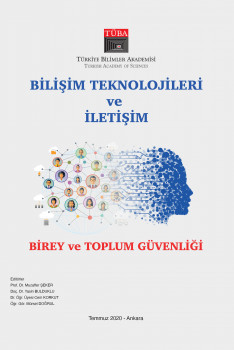New Media and Changing Social Movements

New Media and Changing Social Movements
Traditional media has developed through visual, auditory and written communication tools such as radio, television and newspapers. Traditional media have certain features. Being power-oriented in terms of influencing or benefiting from it, being allocated in the hands of certain capital groups, relying on a hierarchical and vertical structuring are the basic features of classical media with a one-way informative character. However, new media tools develop over digital technology and are distinguished from classical media in some ways. Having social networks, being based on horizontal relations, being open to mutual communication and interaction, not requiring any physical space, and allowing information to be circulated in a decentralized manner are basic features of new media tools. New media tools have brought an important change in the way of doing politics. Politics, in the classical sense, is focused on political power and aims to share or influence it. The main actors of politics are political parties and social movements. While political parties try to join the power directly, social movements attempt to influence the government within the framework of their own expectations and values. The place of doing politics in the classical sense is the assemblies, the squares of the cities and the streets. The public sphere is also developed over physical spaces and is considered to be the platform for doing politics. New media tools have changed both nature and the way politics is done. Such media tools have facilitated access to political events and information via social networks and changed the nature of politics by making it through funny senses of humor and critical satires. Social media has brought the public sphere to digital platforms, thus developing a new style of doing politics through digital activism.
New media tools have profoundly affected the nature and participation style of social movements. Classical social movements are entities with common goals and values, have hierarchical and certain leadership structures. However, new social movements are movements that develop in a mass manner and such movements are generally organized through social media. The new social movements are mostly reactionary movements and they react against the power by gathering in the symbolic squares of the capital cities against certain policies. Media tools based on digital technology have not only led to the evolution of classical social movements into new social movements but also made it possible for all kinds of social movements to operate in digital environments regardless of location.
In short, new media tools based on digital technology have added a new dimension to nature, way of execution, and depth of politics as well as offering a new medium and platform for civil society.
